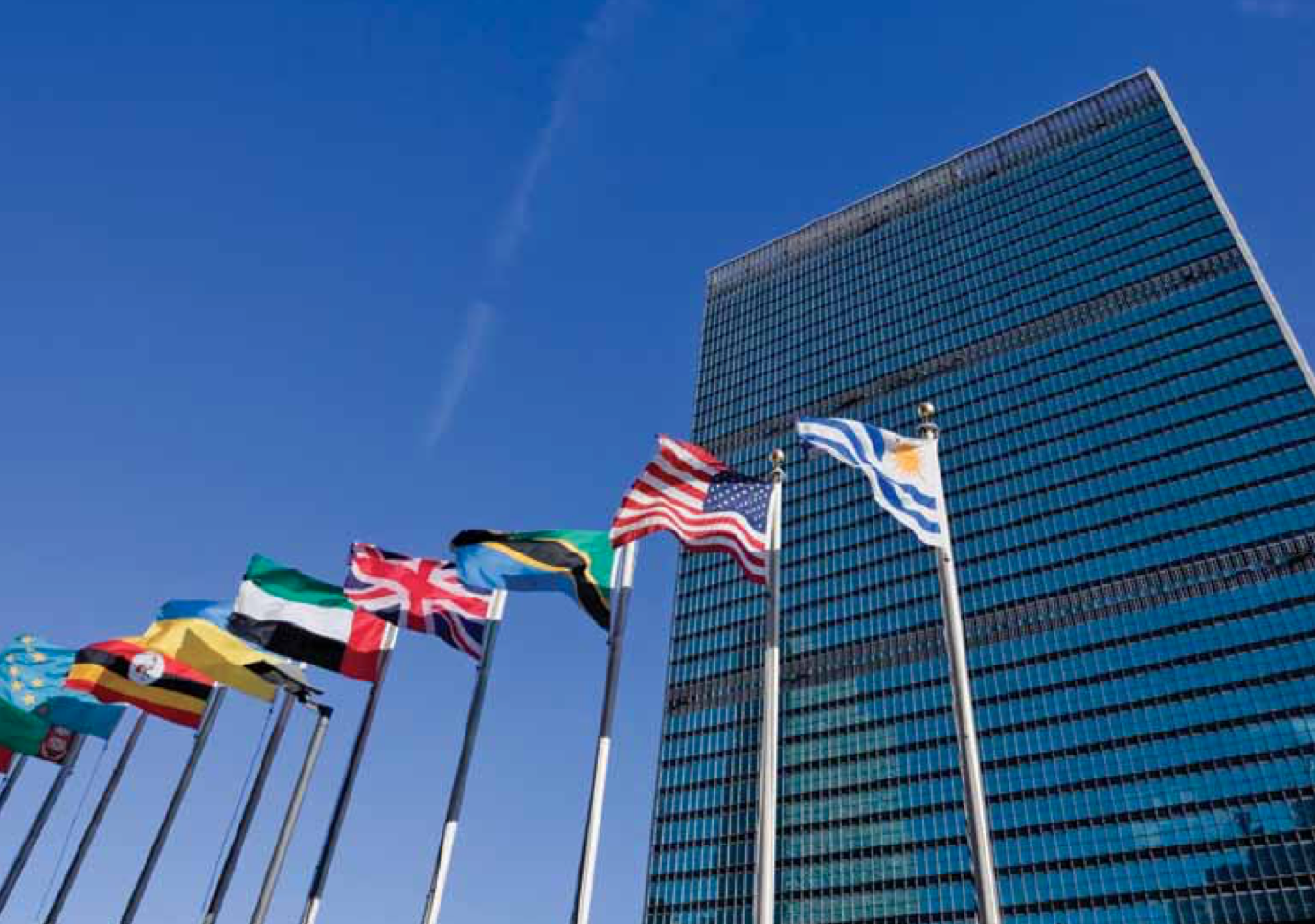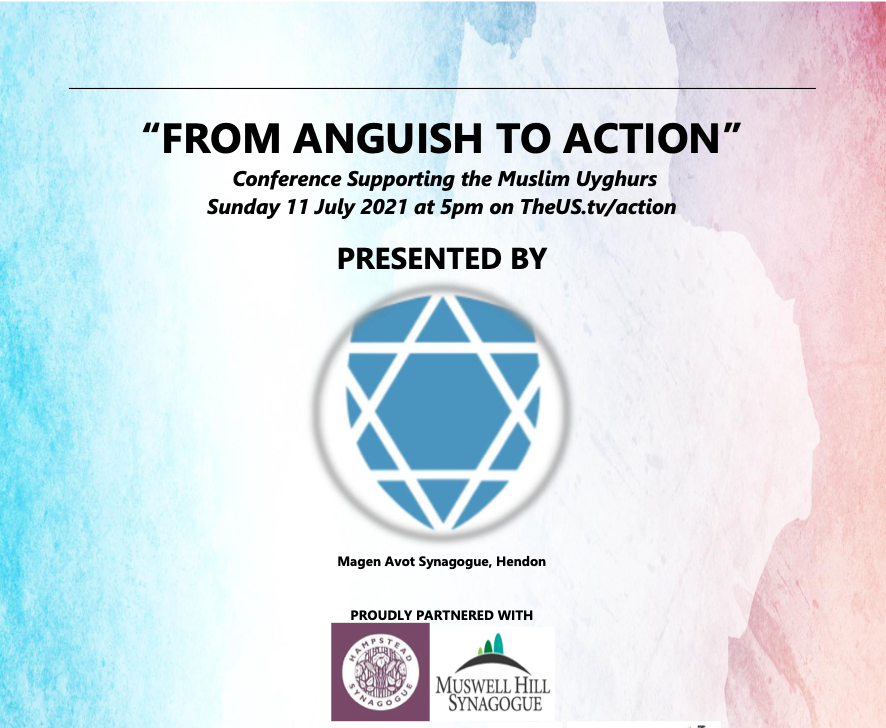(Defense News) – UK asserted that cluster bombs used in Saudi Arabia against Houthi rebels in Yemen were restricted to purely military targets, and that no civilians were targeted. Nonetheless, the outgoing Obama administration is halting a planned weapons sale of precision-guided munitions (PGMs) to Saudi Arabia due to its concerns over civilian casualties while paradoxically continuing to refuel Saudi-led coalition planes.
This is a reversal of the US Congress’s decision in November 2015, to sell smart bombs to Saudi Arabia to limit civilian casualties. Other sales included laser guided munitions such as Guided Bomb Unit (GBU 10) Paveway II, UAVs, JADAM and as well as air to ground precision guided missiles used on the American built Saudi F15 fleet.
For Saudi Arabia, avoiding collateral damage is central to effectively countering the Houthis. Brigadier General Ahmad Asiri, a spokesperson for Saudi Arabia’s Ministry of Defense expressed that Saudi Arabia’s strategy in Yemen is imitating the US-led coalition’s strategy in Mosul and Riqqa of avoiding civilian casualties by relying upon local intelligence while relying upon air power rather than ground troops. This however creates a problem as Yemen’s National Army intelligence that Saudi Arabia relies upon is poor. To avoid civilian casualties Saudi Arabia and the UAE are in need of a greater intelligence network on the ground. This requires Saudi Arabia to reverse its doctrine that relies heavily upon airpower and commit to greater ground troops.
Human Shields
It is not only Saudi Arabia’s usage of air power that has contributed to civilian casualties. Houthi rebels along with units loyal to Saleh have launched rockets and shells from residential areas and constituting human rights violations. On November 10 2016, General Al-Asiri asserted that Houthi militias held up 34 humanitarian aid ships carrying urgent medical assistance for over six months. The UN Security Council’s established Panel of Experts on Yemen reported to the UN Security Council that in the Taiz province, the Houthis had violated international humanitarian law by concealing fighters and equipment in or close to civilians in Al Mukha in the Taiz Governorate “with the deliberate aim of avoiding attack”. Houthi-Saleh forces in Aden and Taiz were documented attacking “medical facilities, schools and other civilian infrastructure, and using snipers positioned atop buildings to target people seeking safety, medical care or food.”
A Human Rights Watch report in January 2016, similarly accused Houthi forces of placing its armed fighters in a school for the blind in Sanaa, saying this placed vulnerable children “at grave risk”. Echoing this, Brigadier General Ahmed Asiri revealed that on Nov 9, 2016, Saudi Arabia killed 30 Al Qaeda operatives in the Eastern side of Al Mukalla where numerous Al Qaeda operatives had embedded themselves in the densely populated areas.
For this reason in 2014, when Saudi Arabia’s King Abdullah condemned the war in Gaza, he but did not criticize Israel’s military operations against Hamas’s usage of human shields. Israel has accused Iran’s proxy Hamas from storing and firing rockets from schools, hospitals and mosques in order to raise the prospects of collateral damage. Iran’s Al Quds force along with Hezbollah are training Houthi militias to conduct the same tactics in densely populated areas.
Military Assistance
In early 2016, the U.S. military significantly reduced the number of US military personnel coordinating with the Saudi-led coalition’s air campaign resulting in increased likelihood of the usage of cluster bombings which would increase civilian casualties. Such measures also provides Iran the initiative to increase its support to the Houthis with impunity.
Both the US and UK can assist Saudi Arabia to dramatically lower civilian casualties in Yemen by increasing its intelligence cooperation with Saudi Arabia combined with offering precision guided munitions and pilot training. Reversing Houthi advances and Iranian involvement in Yemen can only be achieved with increased UK and US involvement leading to a greater humanitarian outcome.
Read Full Article: Defense News
Barak Seener is the CEO of Strategic Intelligentia and a former Middle East Fellow at the Royal United Services Institute (RUSI). He is on Twitter at @BarakSeener.




